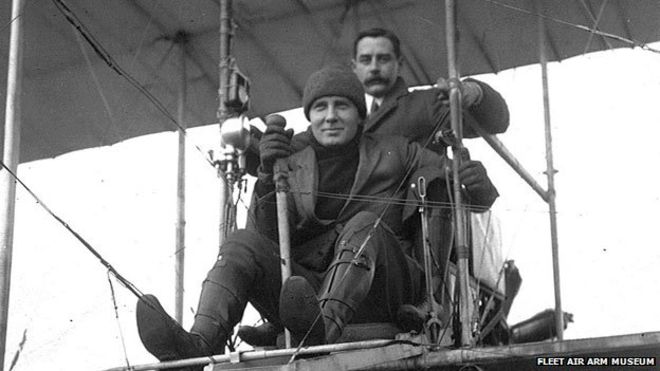- Posted on : April 29, 2014
- Posted by : Tom Fletcher
This month, I attended the reopening of the Anglo-American Cemetery in Beirut, a century after its inauguration. This small corner of a foreign field in Furn el-Shubbak is the final resting place of a hundred or so explorers and pioneers who came to Lebanon in the 19th and early 20th centuries – missionaries, educationalists, relief workers. Even an RAF pilot shot down in 1956, reportedly by Hafez al Assad. The graveyard was severely damaged during the Lebanese civil war, and is now surrounded by the bustle of modern Beirut. We stood for a while to remember those buried there. We tried to imagine the Lebanon they knew, and the obstacles they overcame.
I also spent a weekend, with my father and son, in Cairo, to mark the 100th anniversary of the first flight up the Nile. My colleague, James Watt, has blogged about this and Matthew Teller wrote a brilliant piece for the BBC website . Theirs was an extraordinary tale of derring do, adventure, courage, frustration, adversity. These efforts were not erased by the setbacks of aviation and adventure since – crashes, engine failures, the use of planes to bomb and destroy or even as an instrument of destruction themselves. My great grandfather was the mechanic.
These memorials have 1914 in common. But they also represent what sets humans apart. A rampaging curiosity to seek out the unexplored empty spaces. A restless pioneering spirit. A burning creativity. A faith in progress. A sense that we owe it to our descendants to leave them with a better sense of the world than we inherited. They represent that sense of exhilaration, potential and wonder as the aircraft takes off.
Britain and Lebanon are both countries at their best when they are in that pioneering, adventurous, outward looking, creative groove. Both are at their worst when they become introverted, anxious, frightened of the world. Both countries have a series of tests coming up that will help us decide which it will be.
I wonder whether future generations will mark any 100th year commemorations in 2114. What will they say about our failure to stop the slaughter in Syria? Who will they remember as the restless pioneers who pushed the boundaries of creativity and sought out the unexplored places? Whose are the epitaphs to which they will be drawn?
As the famous 1997 Apple ad went, ‘Here’s to the crazy ones … the ones who see things differently — You can quote them, disagree with them, glorify or vilify them, but the only thing you can’t do is ignore them because they change things… they push the human race forward … because the ones who are crazy enough to think that they can change the world, are the ones who do.’
Later this year, we’ll also mark another, more poignant, 1914 anniversary. We’ll remember, as we do each year, the 1492 British and allied soldiers buried in Lebanon. Their average age is older (mid 30s) than most who died in those wars, making it more likely that they left descendants. We would love to hear from them.
So, after a 100 years of magnitude, a salute to the lost generation of the Great War, to our great-grandparents the pioneers, and to the ‘crazy ones’ of the twentieth century. Meanwhile another generation risks being lost, as the Syria war grinds destructively on. If we still believe in human progress in 2014, can we be crazy and courageous enough to halt it?

